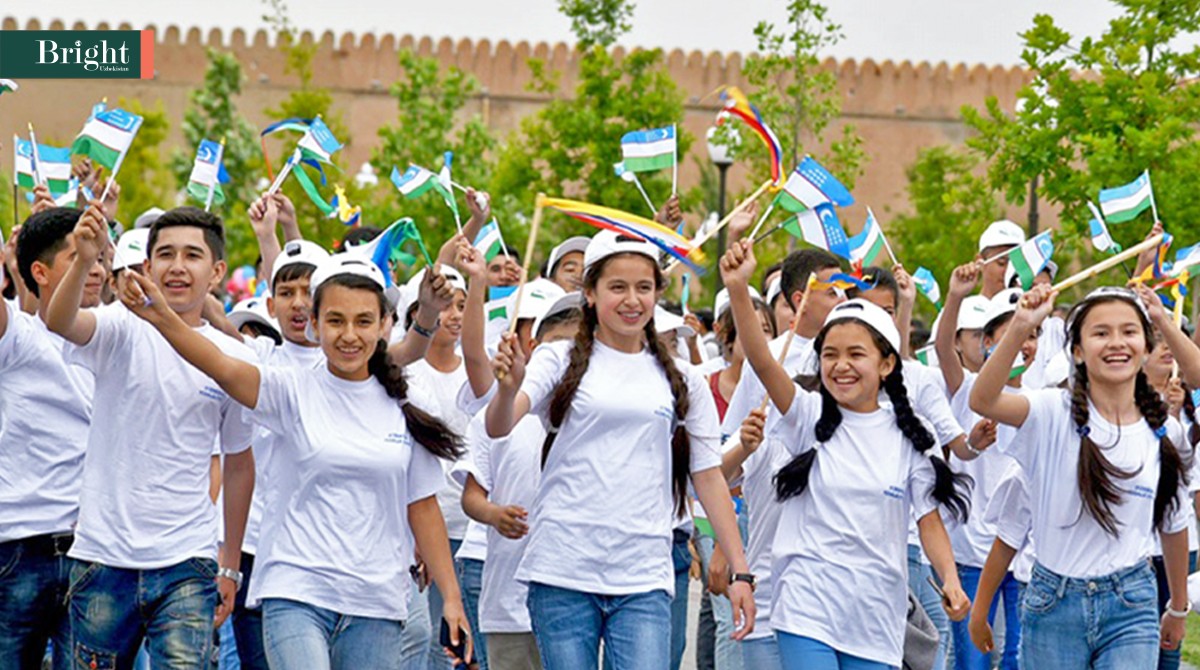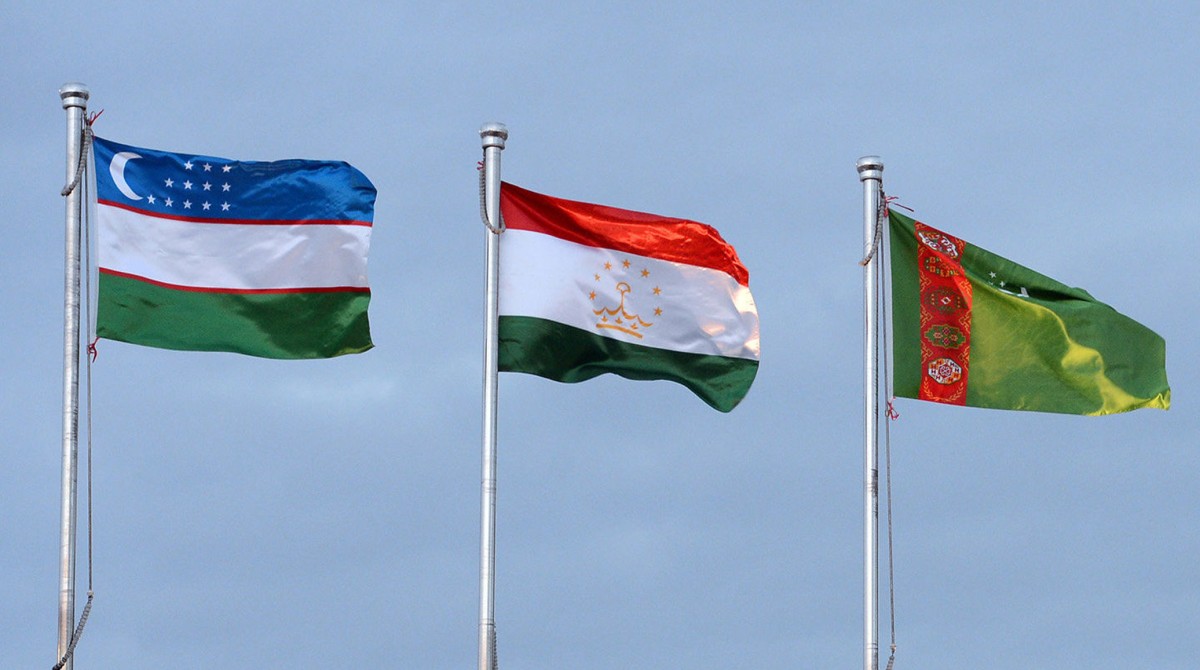UN agencies are launching a new Joint Program to support Uzbekistan in financing the Sustainable Development Goals

On December 9, 2020, an online event was held on the launch of the Joint Program to Support Uzbekistan in Financing the Sustainable Development Goals, in which the heads of the UN and UNDP offices in Uzbekistan, representatives of the ministries and departments of Uzbekistan took part.
To support Uzbekistan's commitment to sustainable development, a number of UN agencies will join forces to help the Government develop an Integrated National Funding Mechanism (INMF) that will leverage new forms of public and private finance to complement existing resources. The new Joint Program, which is being launched, will help the Government of Uzbekistan strengthen the financing structure of the country's national development strategies, with a focus on issues such as poverty reduction, strengthening the health system, protecting the environment, promoting gender equality and ensuring good governance.
The initiative “Creation of an Integrated National Financing Mechanism for Sustainable Development in Uzbekistan” launched today will initially operate until the end of 2022, and will be based in the Ministry of Finance of Uzbekistan. The United Nations Development Program will spearhead a new program with the United Nations Children's Fund (UNICEF), the World Health Organization (WHO) and the United Nations Office on Drugs and Crime (UNODC).
The UN Resident Coordinator in Uzbekistan, Ms. Helena Fraser, noted that the timing for the United Nations Joint Program to Support the Government was best chosen as the country seeks to recover from the COVID-19 pandemic. "This Joint Program will help the Government to reverse the decline in financial flows, leading to fast-track solutions to ambitious SDG targets, with a particular focus on health, social protection and action to combat climate change."
As part of the 2030 Agenda, world leaders have made an ambitious commitment to end poverty by 2030, ensuring that no one is left behind. However, securing sufficient resources for this purpose remains a major challenge, with developing countries facing deficits estimated at $ 2.5-3 trillion per year. Given the scale and complexity of the global financial system, financing for national development is theoretically available, but it is largely private and often does not reach the regions and people who need it most.
However, there are opportunities to reorient public and private investment towards the SDGs. Government budgets, financial markets, private investors, donations and remittances are critical to addressing fiscal deficits.
Source: "Promoting Youth Employment in Uzbekistan" Joint Project of the Ministry of Employment and Labor Relations and United Nations Development Program in Uzbekistan.






